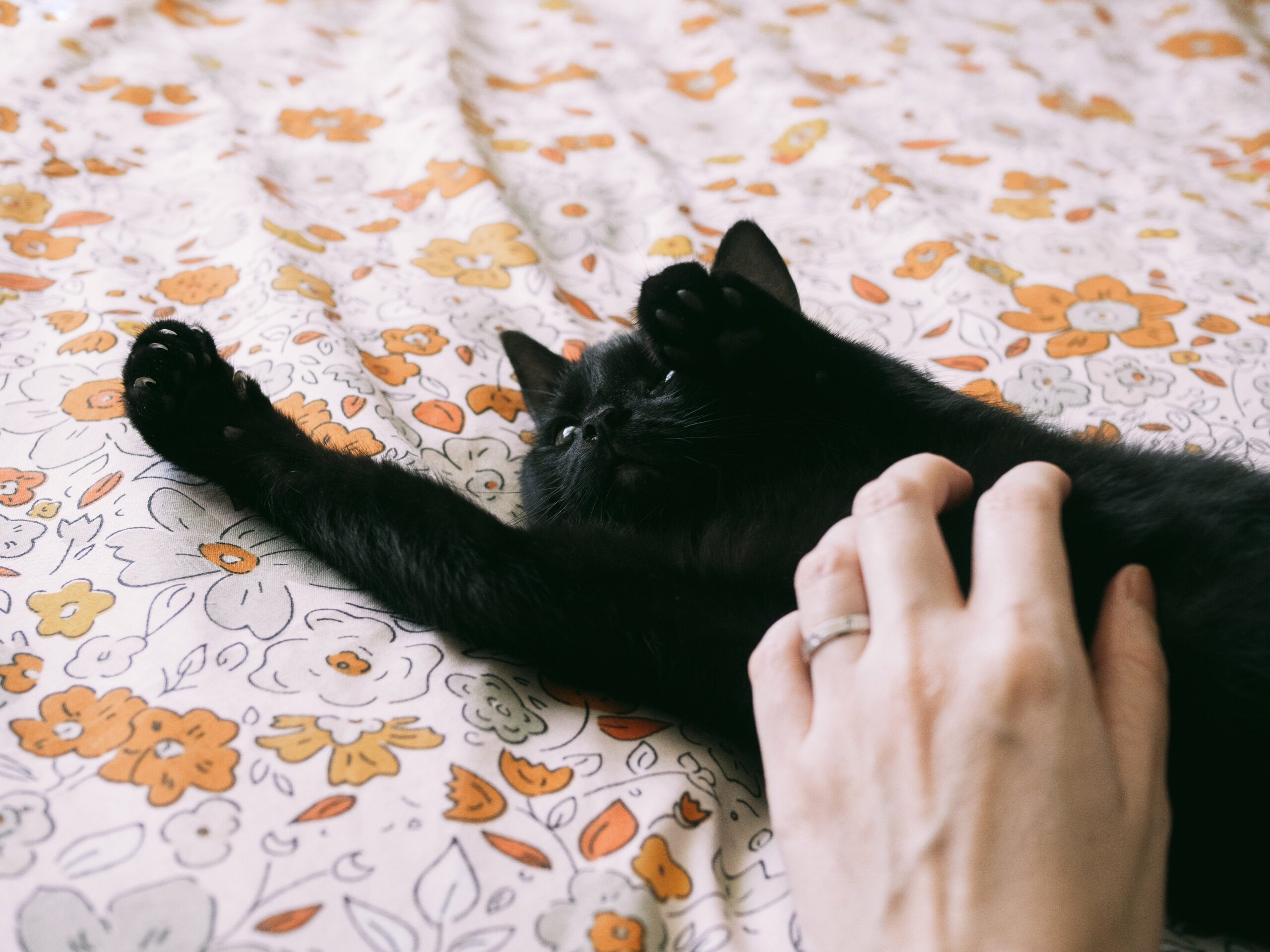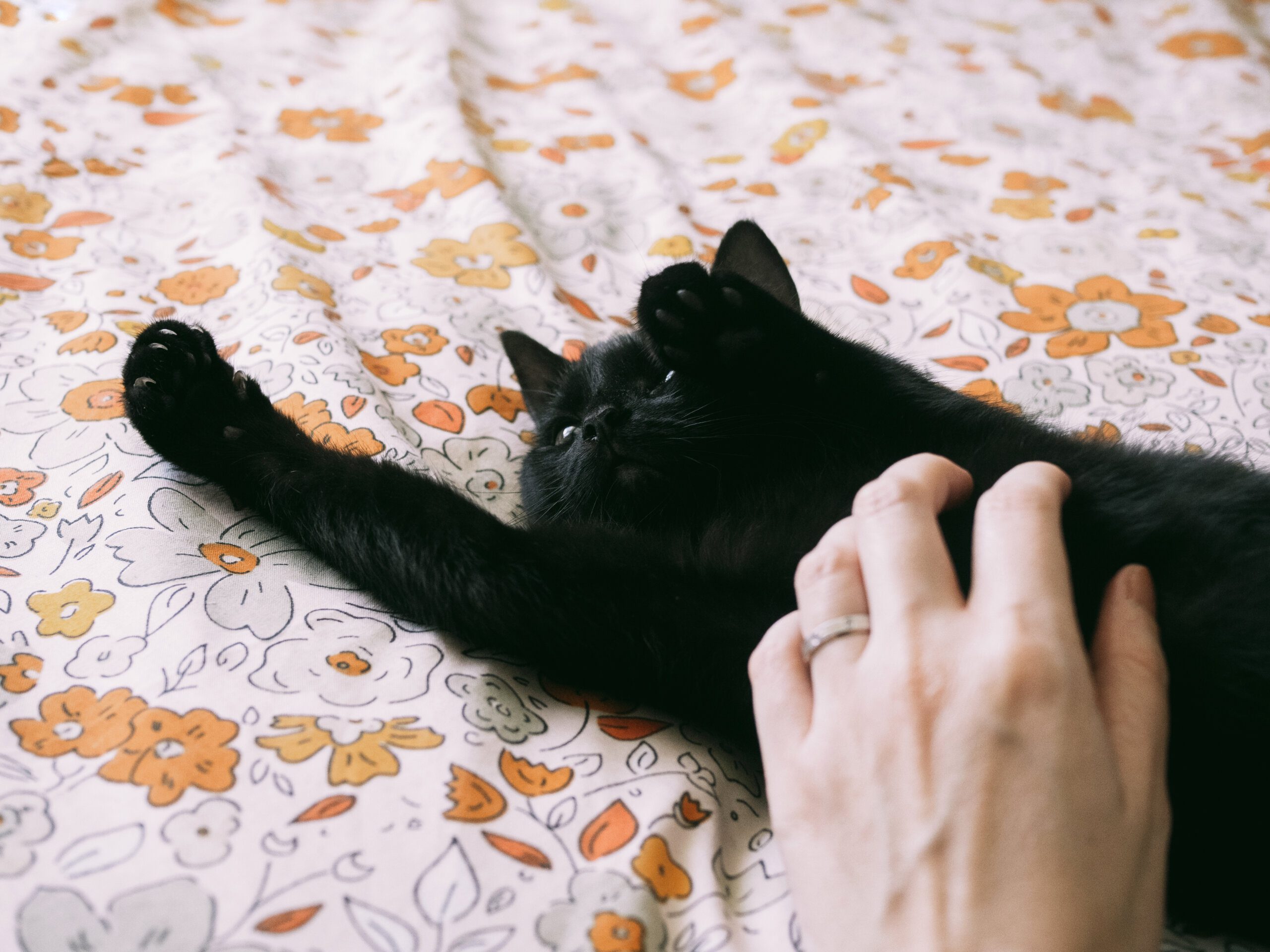So, you’ve been thinking about getting a pet and you’ve stumbled upon an intriguing option: the capybara. But before you make any decisions, you’re probably wondering whether a capybara is a good pet or not. Well, this article aims to shed some light on that very question. We’ll explore the unique characteristics of this large South American rodent and discuss the factors that make it both an appealing and challenging pet choice. By the end, you’ll have a better understanding of whether or not a capybara is the right fit for you as a potential pet owner.

Capybara as a Pet
Capybaras are fascinating and unique animals that make surprisingly great pets for the right people. In recent years, their popularity as exotic pets has increased significantly. Before considering bringing a capybara into your home, it’s essential to understand their physical description, habitat, diet, behavior, legal considerations, and the responsibilities that come with owning one. This comprehensive guide aims to provide you with all the information you need to make an informed decision about whether a capybara is the right pet for you.
Physical Description
Capybaras, also known as water pigs, resemble oversized guinea pigs. They are the largest rodents in the world, with adult capybaras weighing between 77 and 146 pounds. These semi-aquatic mammals have a stocky and barrel-shaped body, short legs, and a long, thin tail. Their fur is coarse and dense, varying in color from reddish-brown to grayish-brown. Capybaras have webbed feet and sharp, chisel-like teeth that are continuously growing, requiring regular chewing to prevent overgrowth.
Habitat and Diet
Capybaras are native to South America and are found in regions with abundant water sources such as marshes, swamps, and riversides. As semi-aquatic creatures, they require access to a large water source to swim and cool off in. In terms of diet, capybaras are herbivores. They mainly consume grasses, aquatic plants, fruits, and vegetables. Providing a balanced diet, including grass hay, fresh produce, and specialized capybara feed, is crucial for their overall health and well-being.
Behavior and Social Needs
Capybaras are highly social animals that thrive in groups or pairs. In the wild, they form herds consisting of several individuals. As pets, capybaras require companionship, which can come from other capybaras, humans, or even other animals. They are generally docile and gentle creatures, but like any pet, they have their own temperaments and personalities. Capybaras are known for their affectionate nature and the potential to bond strongly with their owners.
Legal Considerations
Before deciding to bring a capybara into your home, it’s crucial to understand the legal considerations and regulations surrounding their ownership. Laws regarding capybara ownership can vary significantly between different countries, states, and municipalities. Typically, capybara ownership requires permits and compliance with specific regulations to ensure the welfare and safety of both the animal and the community.
Laws and Regulations
It is essential to research and familiarize yourself with the laws and regulations related to capybara ownership in your specific area. Some places may have strict restrictions or outright bans on owning capybaras or other exotic pets. These laws are in place to protect both capybaras and the environment, and it is crucial to respect and abide by them.
Permit Requirements
In many jurisdictions where owning a capybara is legal, obtaining a permit is mandatory. Permit requirements may include proof of adequate housing, proper care plans, and sufficient knowledge and experience in capybara care. Before obtaining a capybara, make sure to check with your local authorities to understand the specific permit requirements in your area.
Responsibilities of a Capybara Owner
Owning a capybara comes with a set of responsibilities to ensure the well-being and happiness of the animal. These responsibilities include providing appropriate space and enclosure, proper feeding and care, and regular health check-ups.

Space and Enclosure
Capybaras require a significant amount of space to roam, as they are large, active animals. Ideally, they should have access to a large yard or a dedicated enclosure that is well-fenced to prevent escapes and keep out potential predators. The enclosure should provide both land and water areas, allowing capybaras to freely swim and graze. Additionally, capybaras should have access to shelter and shade to protect them from extreme weather conditions.
Feeding and Care
Proper nutrition plays a crucial role in maintaining a capybara’s health. Along with commercial capybara pellets, their diet should include a variety of fresh vegetables, fruits, and grass hay. It is important to avoid feeding them foods that are toxic to capybaras, such as chocolate, caffeine, and onions. Capybaras also require regular grooming, including nail trims, dental care, and coat maintenance.
Health and Vet Visits
Capybaras, like any other pet, require routine veterinary care to ensure their well-being and detect any potential health issues. Seeking out a veterinarian experienced in exotic animal care is essential. Regular check-ups, vaccinations, parasite prevention, and dental exams are all necessary for keeping your capybara healthy and happy.
Interactions with Other Pets
If you have other pets in your household, it is essential to consider their compatibility with capybaras before bringing one into your home.
Compatibility with Dogs
Capybaras can get along well with dogs, especially if introduced properly and under supervision. It is important to ensure that both the dog and the capybara are comfortable and have positive experiences during their interactions. Early socialization and proper training for both pets can help foster a peaceful coexistence.
Compatibility with Cats
Cats and capybaras can also have harmonious relationships, but it largely depends on the individual animals involved. Some cats may be more curious or prone to hunting instincts than others, so careful introductions and monitoring are crucial. Providing separate spaces and plenty of hiding spots can help both animals feel safe and reduce the risk of potential conflicts.
Children and Capybaras
When considering capybara ownership in a household with children, it is essential to prioritize their safety and well-being.
Supervision and Safety
Capybaras are generally gentle creatures, but their larger size and strength can pose a risk to smaller children. Close supervision is necessary to ensure that interactions between children and capybaras are safe and respectful. Young children should be taught how to properly interact with the capybara, including gentle handling and avoiding behaviors that may startle or provoke the animal.

Training and Enrichment
Like any pet, capybaras can benefit from training and enrichment activities that provide mental stimulation and promote their overall well-being.
Basic Training Commands
Capybaras can be trained to understand basic commands such as come, stay, and leave it. Positive reinforcement techniques, using rewards like treats or praise, are generally effective in training capybaras. Consistency, patience, and understanding their individual personalities will contribute to successful training sessions.
Enrichment Activities
Providing various enrichment activities is essential for keeping capybaras mentally stimulated and engaged. This can include providing toys, hiding treats, and creating obstacle courses for them to explore. Regular exercise, both in and out of the water, is also crucial to prevent boredom and encourage natural behaviors.
Challenges of Having a Capybara as a Pet
While capybaras can make wonderful pets, it is important to be aware of the challenges and potential drawbacks associated with owning one.
Noise Levels
Capybaras are generally quiet animals, but they can emit vocalizations that may sound like a mix between a growl and a purr. While the noise level may not be excessive, it is important to consider potential noise disruptions, particularly if you live in close proximity to neighbors.
Size and Strength
Capybaras are large and powerful animals, and their size can pose challenges in terms of handling and containment. They require secure fencing to prevent escapes and should only be handled by individuals who are physically capable and trained in capybara care. Additionally, their size may limit their suitability for smaller living spaces.
Odor Control
Capybaras have a musky odor that some individuals may find unpleasant. Regular bathing and cleaning of their enclosure can help manage the odor, as can providing a proper diet that promotes overall cleanliness.
Finding a Capybara
If you have decided that a capybara is the right pet for you and you are ready to bring one into your home, there are several avenues to consider.
Adoption and Rescue Centers
Adoption and rescue centers often have capybaras in need of loving homes. By adopting, you are providing a second chance to a capybara in need while also supporting the efforts of these organizations.
Reputable Breeders
If you prefer to get a capybara from a breeder, it is crucial to ensure that you are dealing with a reputable breeder who prioritizes the welfare of their animals. Research thoroughly, visit the breeder’s facility if possible, and ask for references or previous customer experiences to ensure a responsible and ethical transaction.
Alternative Exotic Pets
While capybaras can make fantastic pets, it is important to consider other exotic pet options and determine which one best suits your lifestyle and preferences.
Other Exotic Pet Options
From hedgehogs to reptiles, there are a wide variety of exotic pets available for those seeking a unique pet ownership experience. Researching the specific needs and requirements of each species will help you determine if they are a suitable fit for your home and lifestyle.
Considerations for Different Pets
Different exotic pets come with their own set of challenges and considerations. Factors such as space requirements, diet, socialization needs, and lifespan should all be thoroughly researched and considered before bringing any exotic pet into your home.
Conclusion
Capybaras are fascinating and rewarding pets for individuals who are well-prepared to meet their unique needs. Before making the decision to bring a capybara into your home, it is crucial to thoroughly research their physical description, habitat, diet, behavior, legal considerations, and the responsibilities that come with ownership. By understanding the requirements and challenges associated with capybara ownership, you can provide a safe, loving, and enriching environment for your capybara and build a strong bond that will last a lifetime.



